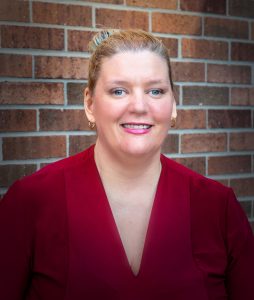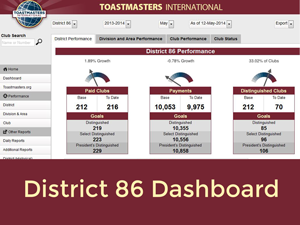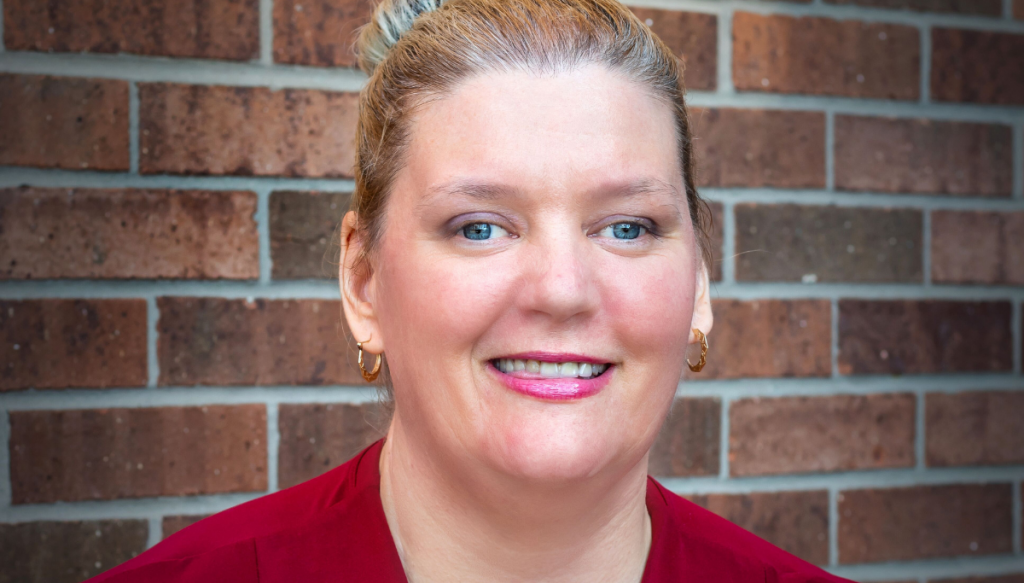Introductions came first, sharing Melanie’s story of losing her sight in her youth and learning to adapt. I’d met Melanie in a committee in the past months, so I knew some of her story, but what I didn’t know was where she’d take us with the blindfold she requested we have ready. We were about to find out.
Here we were, blinders on and sitting in front of our computers. Then we were asked to put a message in chat.
How do I find chat on a keyboard I cannot see? I can put my fingers on the keys, I f eel those buttons. I can press them, but I can’t see where the chat button is located, much less the field where I type. I felt disoriented. My blindfold worked well; I couldn’t see a thing. Then I understood Melanie’s world just a tiny bit better.
How does one make their way around without sight? I could take my blindfold off at the end of this workshop, but Melanie cannot. What then?
While it’s true that other senses are keener when one is lacking, it doesn’t help in a world that is made for people who see.
What Melanie did so well in her workshop was pointing out many areas of accessibility needs, including her own, such as sensitivity to sound, physical disability, sensitivity to scents, hearing loss, and more. What would exclude them from participating?
Melanie had arranged for help with her slides and for reading out the points which she then talked about. Best of all, she gave us a question to ask new members: “How can I best support you?”
This question puts the new member “in the driver’s seat,” so to speak, of sharing their needs. Not all accessibility needs are as obvious as a person using a walker, wheelchair, or white cane, and some people are more comfortable doing so than others. And yet the Toastmasters program is meant for all. How do you make things accessible for everyone who needs or desires it?
I’d been trained in the Accessibility for Ontarians with Disabilities Act, 2005 (AODA) as a teacher of recreational programs in the City of Kitchener. And I learned even more in this workshop.
Melanie shared resources that people can use to test the accessibility of their websites and presentations, and how to conduct accessible meetings. Something as simple as using Alt text in Word (Check Accessibility under Review tab) can help writers to know if your message is truly accessible, so that someone with a visual disability can better understand your message. I’m pleased to say mine passed the test.
We appreciated Melanie teaching us about it so that we can better support a member with such needs. One attendee remarked that this information is much needed and just the beginning. I had to agree.

Created by Carolyn Wilker DTM, Energetics Toastmasters


